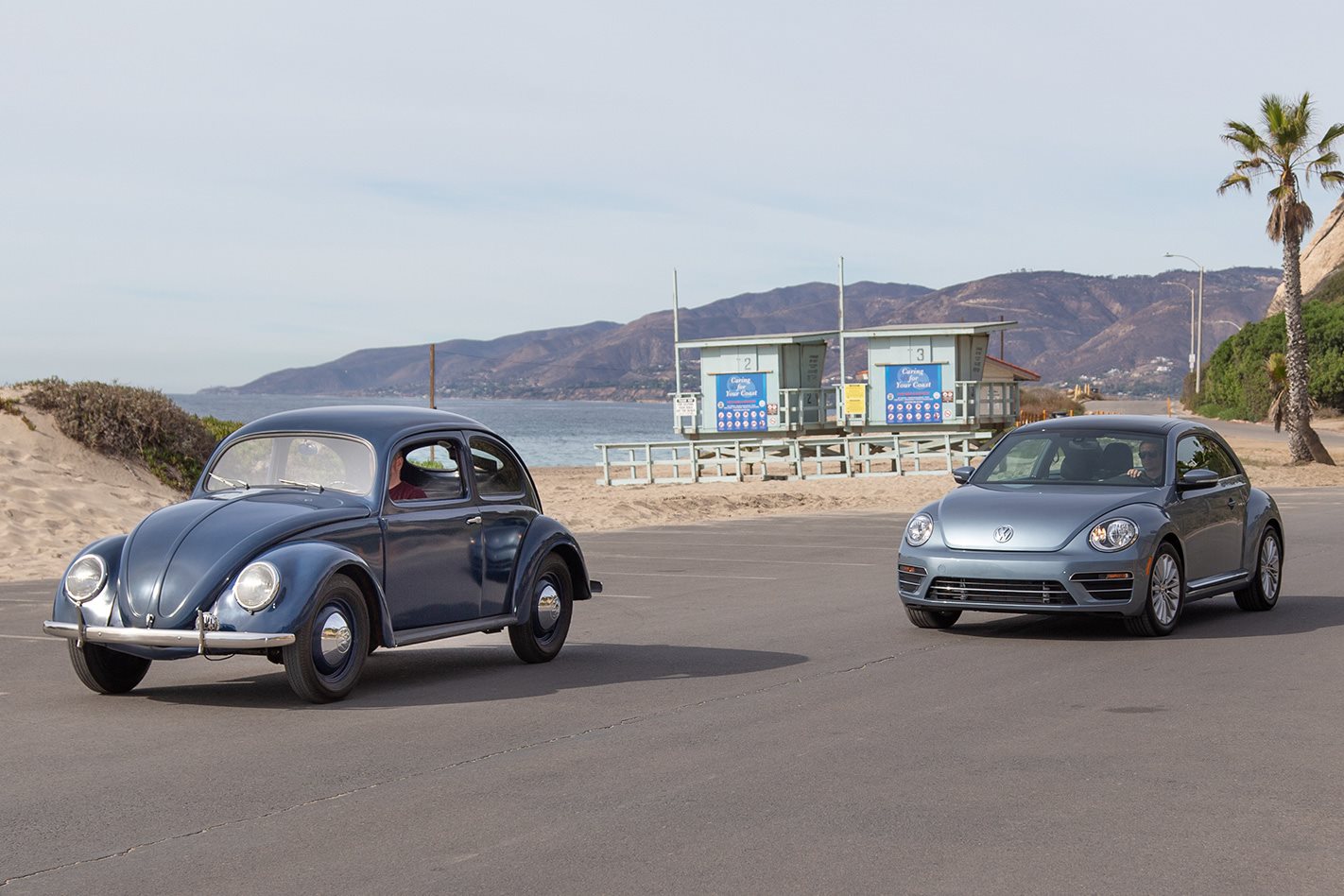
After eight decades, more than 23 million units, and countless derivatives, the final Volkswagen Beetle will roll off the production line in Mexico this week.
Very few, if any, other cars can claim a history as colourful, or a tapestry richer than the Beetle’s, and perhaps no other single vehicle eptimises the term ‘iconic’ more accurately or deservedly than the beloved Bug.
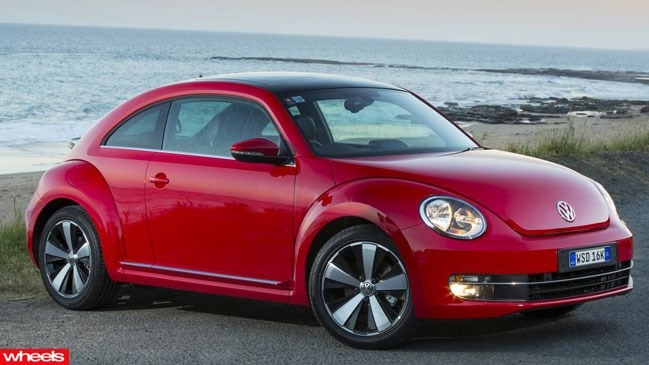
With slowing global sales, the writing had been on the Beetle’s garage wall for some time, particularly in Australia where sales of the model ceased in 2016. But its demise is equally as a result of funds reallocation following the diesel emissions scandal and a massive investment in clean electrification. Along with other low-volume nice-to-have models including the Scirocco, the Beetle had to go.
Production at the Puebla plant in Mexico has continued to supply regions with more significant volumes ahead of last orders, but its lines will now gear up for other models, while continuing with the current Golf, Jetta and Tiguan Allspace.
Over its octogenarian life, the Beetle has been built in six of Volkswagen’s factories around the world.
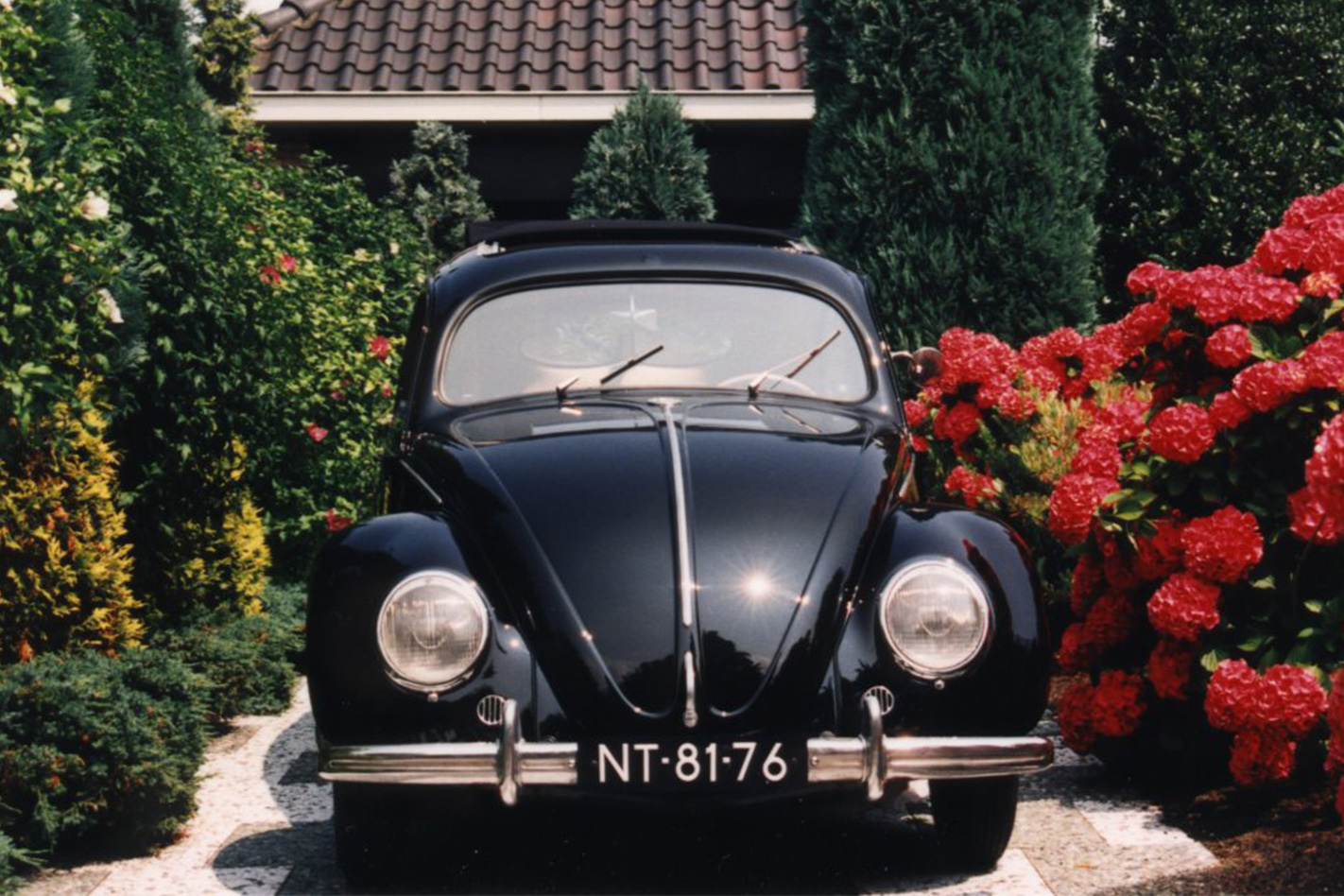
Born in 1938, the original Beetle, or Type 1 as it was officially known, was conceived by Adolf Hitler who dreamt of a car that everyone could own. Indeed, Volkswagen translates to ‘people’s car’ and his vision worked spectacularly well.
Such was the success of model thanks to an approachable price, reliable mechanics and unrivalled practicality for the time, it went on to sell more than 21.5 million units worldwide, and is symbolic of Germany’s post-war economic renaissance.
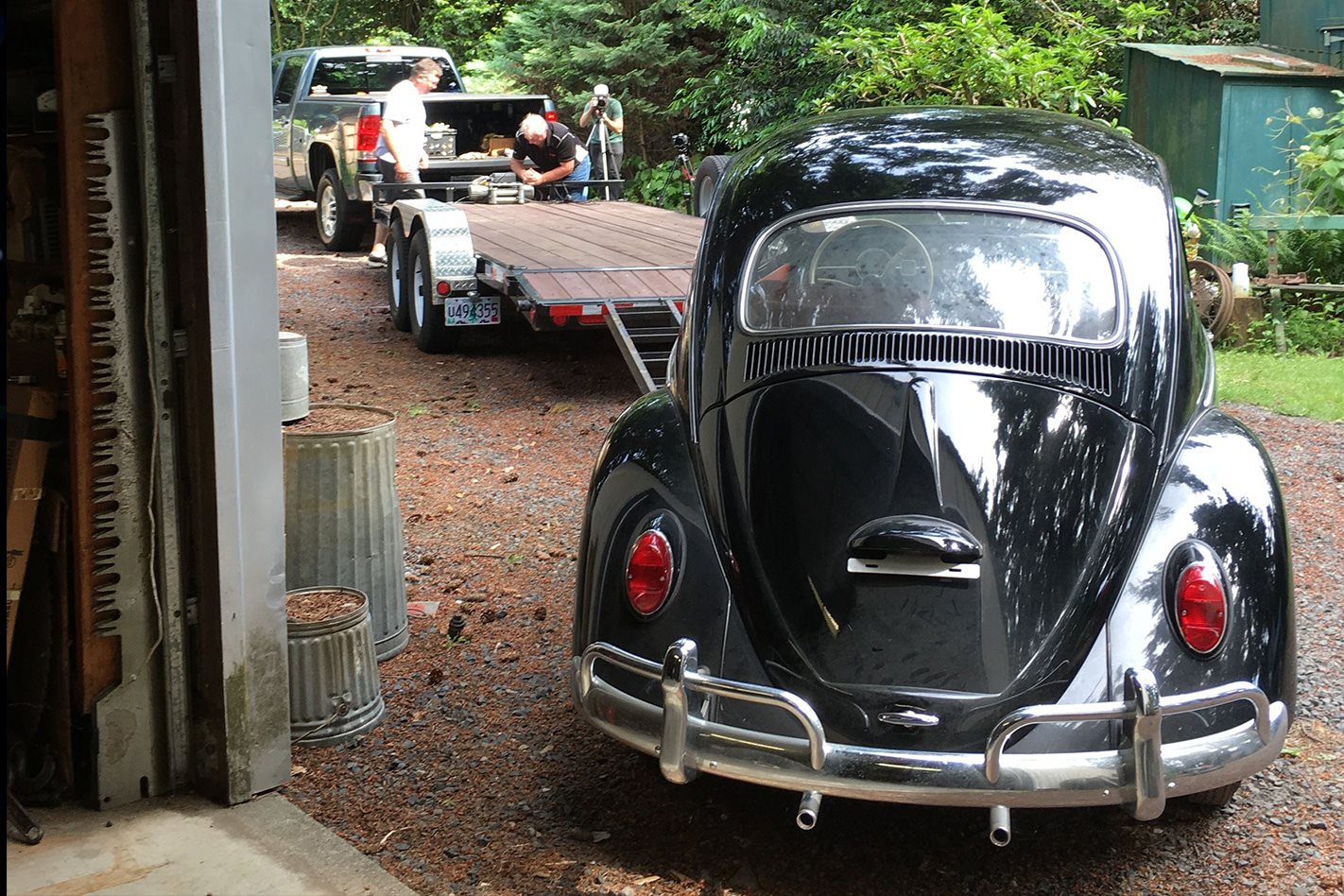
Over its life it developed a cult following winning notable favour with the hippie communities from the 1960s and the love affair continues to this day. The model was immortalised in the Walt Disney motion picture The Love Bug as Herbie, and featured in other blockbusters including Transformers and Austin Powers. Even Barbie had one.
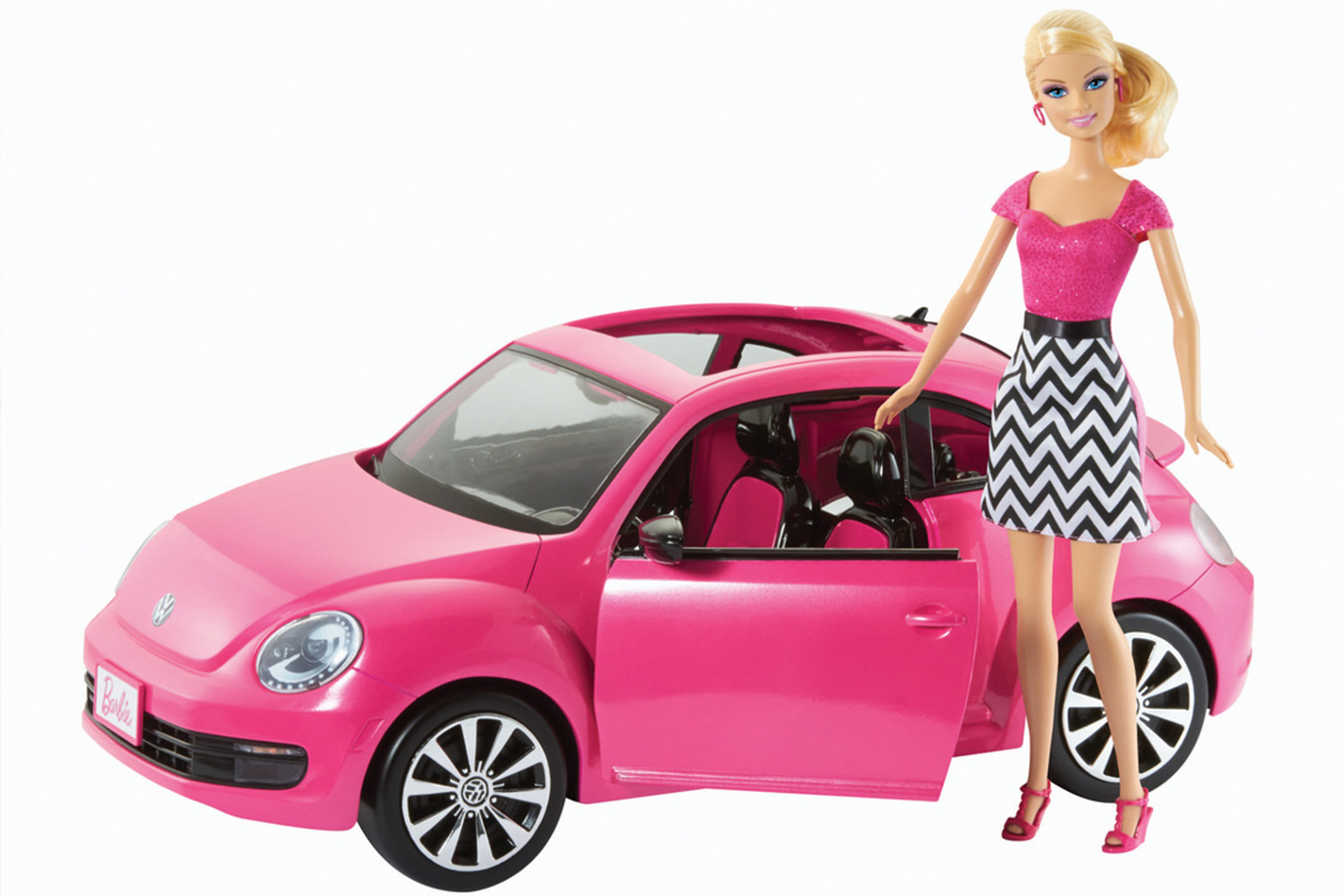
A nitro funny car based in the UK that wears a Beetle shell claims to be the world’s fastest, cracking a maximum speed of 540km/h and geting there in just 6.0 seconds; a diesel-powered Beetle once entered the Dakar rally and one was even converted to be able to both float on water and underneath a hot-air balloon. The Beetle really has done it all.
In 1997, Volkswagen launched a retro ‘revival’ of the original – even though the traditional Beetle would still continue to be produced in some countries until 2003 – and the so-called New Beetle based on Mk4 Golf mechanicals went on to add another 1.7 million sales to the tally.
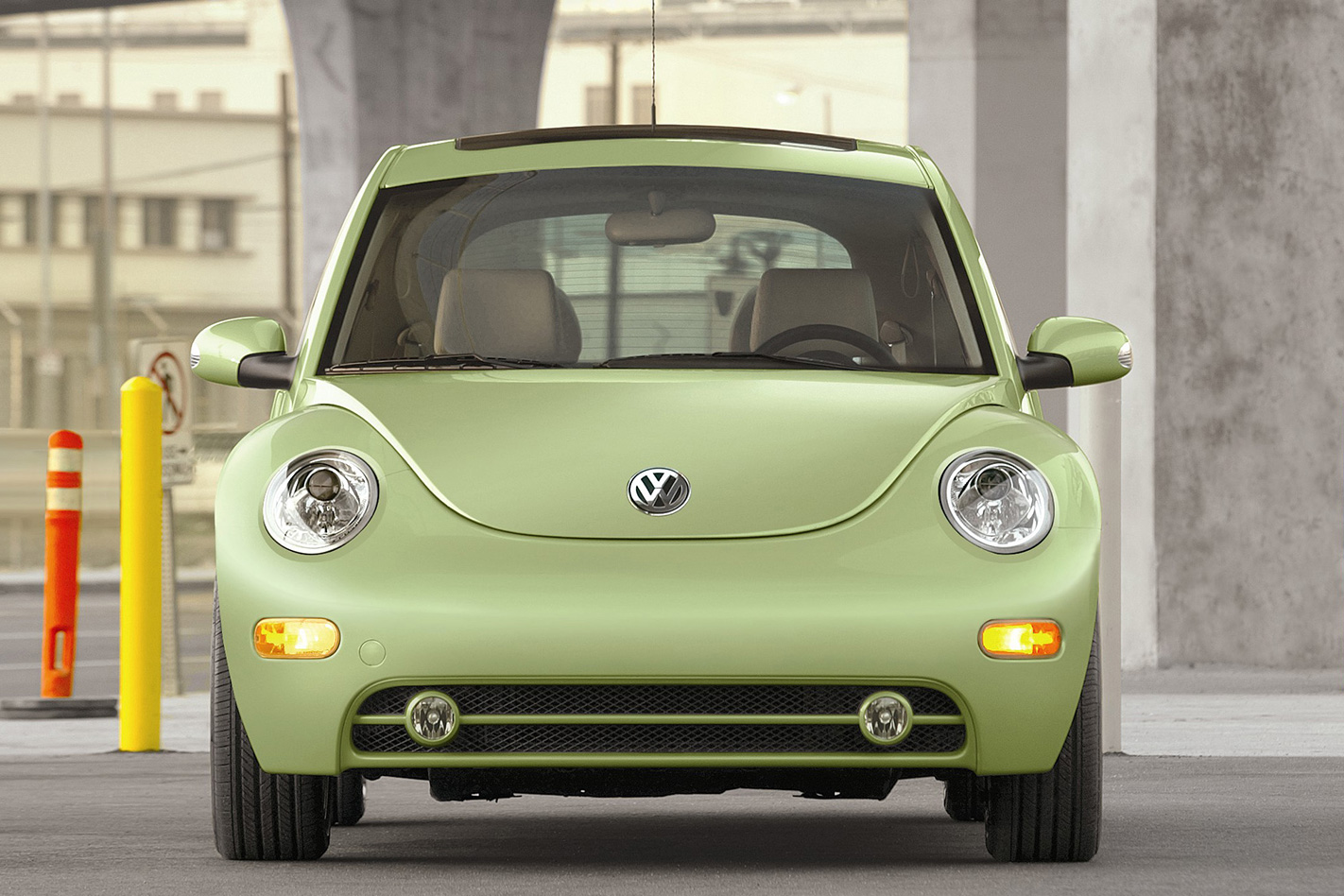
There was an update to the modern version in 2011 along with a number of special edition versions that ranged from sticker packs to more substantial versions including the sand-conquering Dune.
With the overlap in production from Type 1 to New Beetle, the model can claim the title as longest running continuous nameplate with more than 80 years under its belt, but despite its remarkable sales figures it is not the most popular car to date. That honour falls to the Toyota Corolla, which despite commencing manufacturing many years after the Beetle in the mid 1960s, has sold well over 45 million.
Sadly and ironically, the car that truly established Volkswagen as the peoples brand with mammoth sales is now being put out to pasture for dwindling interest, but it’s not the end of VWs with retro appeal.
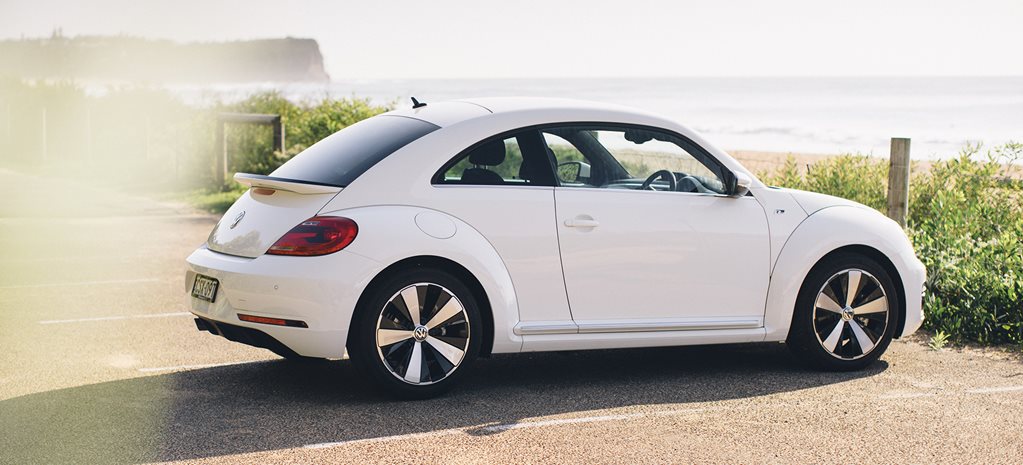
As part of the company’s strategy to introduce electrified vehicles, a zero-emissions version of the I.D. Buzz concept is on the way, reviving the equally loved VW van and camper.
Amusingly, the Volkswagen Beetle is still used as a colloquial measurement of weight even though its mass has varied between 800kg and 1300kg over its lifespan. Whatever are we to use as a convenient illustration now?




